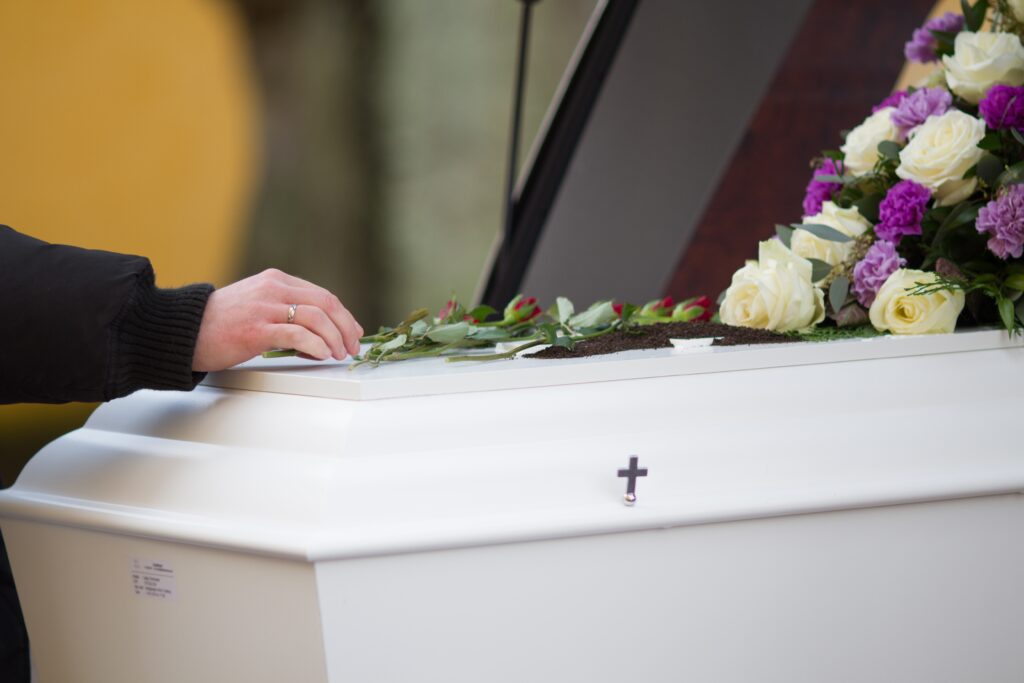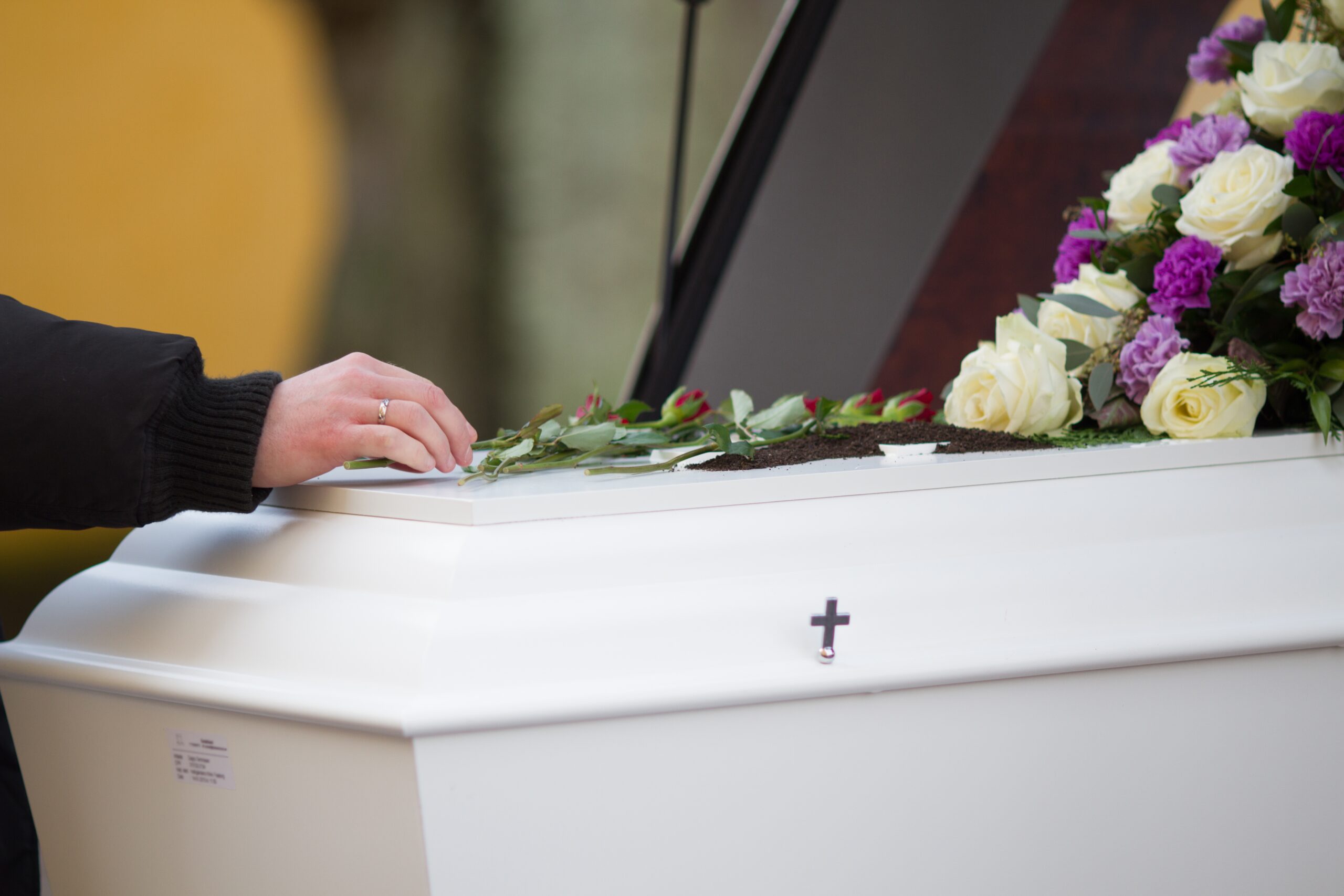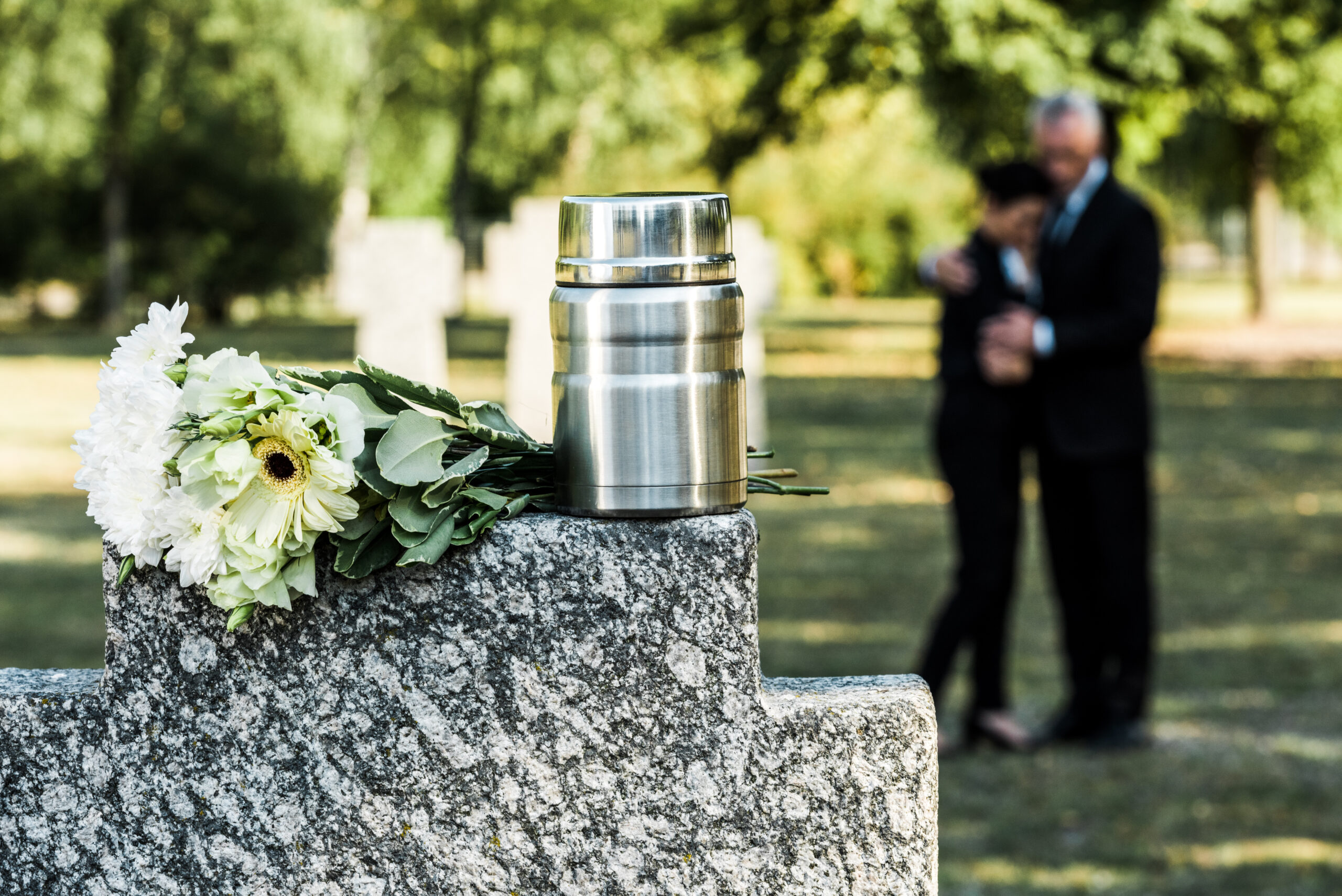When someone you love dies, the world can suddenly feel like an unfamiliar place. Grief has a way of rearranging everything—your daily routines, your sense of purpose, even your understanding of who you are. While everyone’s journey through loss is deeply personal, knowing that you’re not alone in these feelings and that there are gentle ways to navigate this difficult time can provide some comfort.

Understanding That Grief Has No Timeline
One of the most challenging aspects of grief is the pressure many people feel to “get better” according to someone else’s schedule. Well-meaning friends might suggest it’s time to “move on” after a few months, or you might find yourself frustrated that you’re still struggling long after the funeral. The truth is that grief doesn’t follow a neat timeline, and healing doesn’t mean forgetting or “getting over” your loss.
Some days will feel harder than others, sometimes without any apparent reason. You might have a good morning followed by an afternoon where the weight of loss feels overwhelming. This ebb and flow is completely normal. Grief tends to come in waves—intense at first, then gradually becoming less frequent and less overwhelming, though it may always revisit you at unexpected moments.
Allowing Yourself to Feel
In our culture, there’s often pressure to stay strong and keep functioning normally after a loss. While maintaining some routine can be helpful, it’s equally important to give yourself permission to feel whatever emotions arise. Sadness, anger, confusion, relief, numbness—all of these reactions are normal parts of the grieving process.
Some people find it helpful to set aside specific time for grieving, creating a safe space where they can cry, look through photos, or simply sit with their feelings without judgment. Others prefer to let emotions come naturally throughout the day. There’s no right or wrong approach; what matters is honoring your emotional needs rather than suppressing them.
Maintaining Connections While Honoring Boundaries
After a loss, relationships can feel complicated. Some people may not know what to say and might avoid you, while others might offer more support than you feel ready to receive. It’s important to communicate your needs clearly and kindly, even when that feels difficult.
Let trusted friends and family members know what kind of support feels helpful. Maybe you’d appreciate someone bringing dinner but aren’t ready for lengthy conversations about your loss. Perhaps you’d welcome phone calls but need advance notice rather than surprise visits. People who care about you want to help but often don’t know how, so specific guidance can benefit everyone.
At the same time, don’t feel obligated to manage other people’s emotions about your loss. If someone seems uncomfortable with your grief or pushes you to “cheer up,” it’s okay to limit those interactions while you focus on healing.
Finding Comfort in Routine and Ritual
While grief can make everything feel chaotic, small routines can provide anchoring points during difficult days. This might mean maintaining your morning coffee ritual, continuing evening walks, or keeping regular bedtimes. These familiar activities can offer stability when everything else feels uncertain.
Many people also find comfort in creating new rituals that honor their loved one’s memory. This could be lighting a candle on difficult days, visiting a meaningful place regularly, or continuing traditions that you shared together. These rituals can help you feel connected to your loved one while gradually integrating the reality of loss into your daily life. For more ideas on how to create lasting tributes, you might find our guide on meaningful ways to honor a loved one after cremation helpful.
Taking Care of Your Physical Needs
Grief affects the body as well as the heart and mind. You might experience changes in appetite, sleep patterns, energy levels, or physical aches and pains. While these physical symptoms are normal, it’s important to take care of your basic needs as much as possible.
Try to eat regular meals, even if your appetite has changed. Simple, nutritious foods can help maintain your energy when everything feels exhausting. If sleeping becomes difficult, consider establishing a calming bedtime routine or speaking with your doctor about temporary sleep support.
Gentle physical activity, like short walks or stretching, can help release tension and improve mood. Don’t pressure yourself to maintain your previous exercise routine, but some movement can be beneficial for both physical and emotional wellbeing.
Seeking Professional Support When Needed
While grief is a natural process, sometimes professional support can be incredibly helpful. Consider reaching out to a counselor or therapist if you’re having thoughts of self-harm, if grief is significantly interfering with your ability to function for extended periods, or if you feel stuck and unable to move forward after many months.
Grief counselors are specially trained to help people navigate loss and can provide tools and perspectives that make the journey more manageable. The National Alliance on Mental Illness (NAMI) offers resources for finding local support groups and mental health professionals. Support groups, either in-person or online, can also provide connection with others who understand what you’re experiencing.
Rediscovering Meaning and Purpose
As the acute phase of grief gradually softens, many people wonder how to find meaning and purpose again. This doesn’t mean forgetting your loved one or “moving on” from their importance in your life. Instead, it involves learning how to carry their memory forward while rebuilding a sense of engagement with life.
This process looks different for everyone. Some people find purpose in charitable work related to their loved one’s interests or causes. Others discover new activities or relationships that bring joy. Many find that their values and priorities shift, leading them toward different life choices that feel more meaningful after experiencing loss. If you’re looking for ways to create lasting tributes that can provide ongoing purpose, consider exploring pre-planning options that can help other families during their difficult times.
Honoring Both Sorrow and Joy
One of the most difficult aspects of grief can be the guilt that sometimes accompanies moments of happiness or laughter. You might worry that enjoying something means you’re forgetting your loved one or that your grief isn’t “serious” enough. In reality, experiencing joy alongside sorrow is not only normal but necessary for healing.
Your loved one would likely want you to experience happiness and fulfillment in your life. Finding ways to honor both your grief and your capacity for joy allows you to maintain your connection to your loved one while gradually rebuilding your engagement with life.
Moving Forward While Staying Connected
Healing from grief doesn’t mean letting go of your loved one or forgetting the relationship you shared. Instead, it involves learning how to maintain that connection in new ways while creating space for continued growth and new experiences.
Many people find that their relationship with their loved one evolves after death, becoming more internal and memory-based but no less meaningful. You might find yourself having imaginary conversations with them, making decisions based on what you think they would advise, or feeling their presence during significant moments.
This ongoing connection can coexist with building new relationships, pursuing different goals, and discovering parts of yourself that grief has revealed or changed. Moving forward doesn’t require leaving your loved one behind; it means learning how to carry them with you in a way that enriches rather than limits your life.
Grief is one of the most challenging human experiences, but it’s also a testament to the depth of love and connection you shared with someone special. Be patient with yourself as you navigate this difficult terrain, and remember that seeking support, taking time to heal, and eventually finding ways to honor both your loss and your continued capacity for life are all part of the journey toward wholeness.
Additional Resources:
- GriefShare – Find local grief support groups
- What’s Your Grief – Online grief support and resources
- The Dougy Center – Support for children and families grieving a death
- Hospice Foundation of America – Comprehensive grief resources











